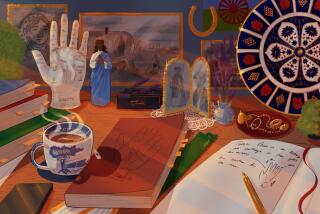Multicultural Manners : Not Exactly a Straight Answer
- Share via
American scholars attending the week-long First World Dracula Congress in Romania in June were well-prepared with their academic treatises, but unprepared for cultural differences.
When Jeanne asked, “What time will the bus come?” Romanian hostess Silvia answered, “The bus will come.” When Lisa queried, “Tell me what tour arrangements you have made for tomorrow,” Marius replied, “Yes, but first I must organize the drinking of more plum brandy.”
What does it mean?
Americans expect precise answers to questions. However, Romanians often avoid direct responses, especially if they might be negative. Silvia knew the bus would be late, and the truth would have caused complaints from the Americans. Sylvia’s dodge kept them hopeful. Two hours later, when the bus finally appeared, the conventioneers were so relieved they forgot their impatience. Likewise, Marius knew that details of the next day’s tour were not yet fixed. He shifted the topic to a Romanian hospitality custom, the serving of tuica, a strong plum brandy. After a few rounds of this libation, Lisa’s anxiety about travel arrangements disappeared.
By the end of the conference, many Americans cheerfully accepted the Romanian customs. Other countries and regions that share similar attitudes include Spain and Italy.
More to Read
Sign up for Essential California
The most important California stories and recommendations in your inbox every morning.
You may occasionally receive promotional content from the Los Angeles Times.











